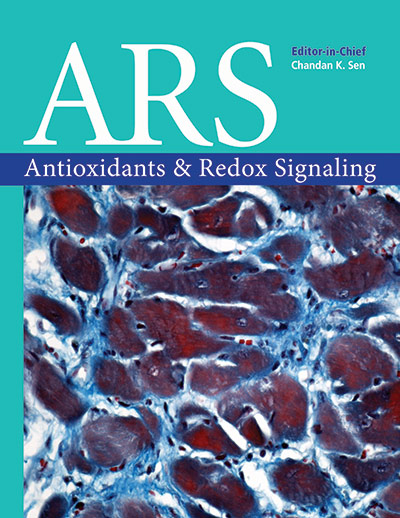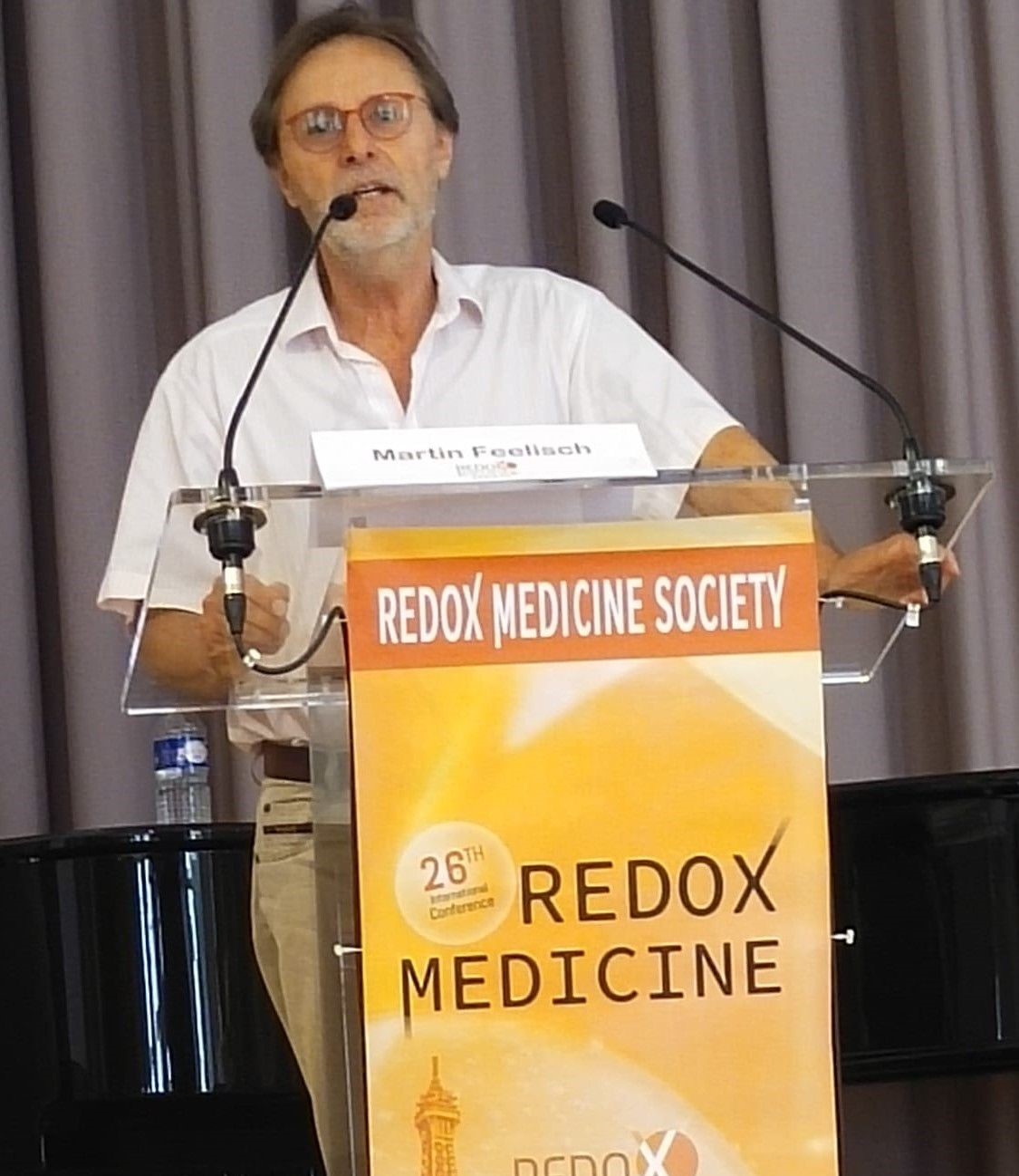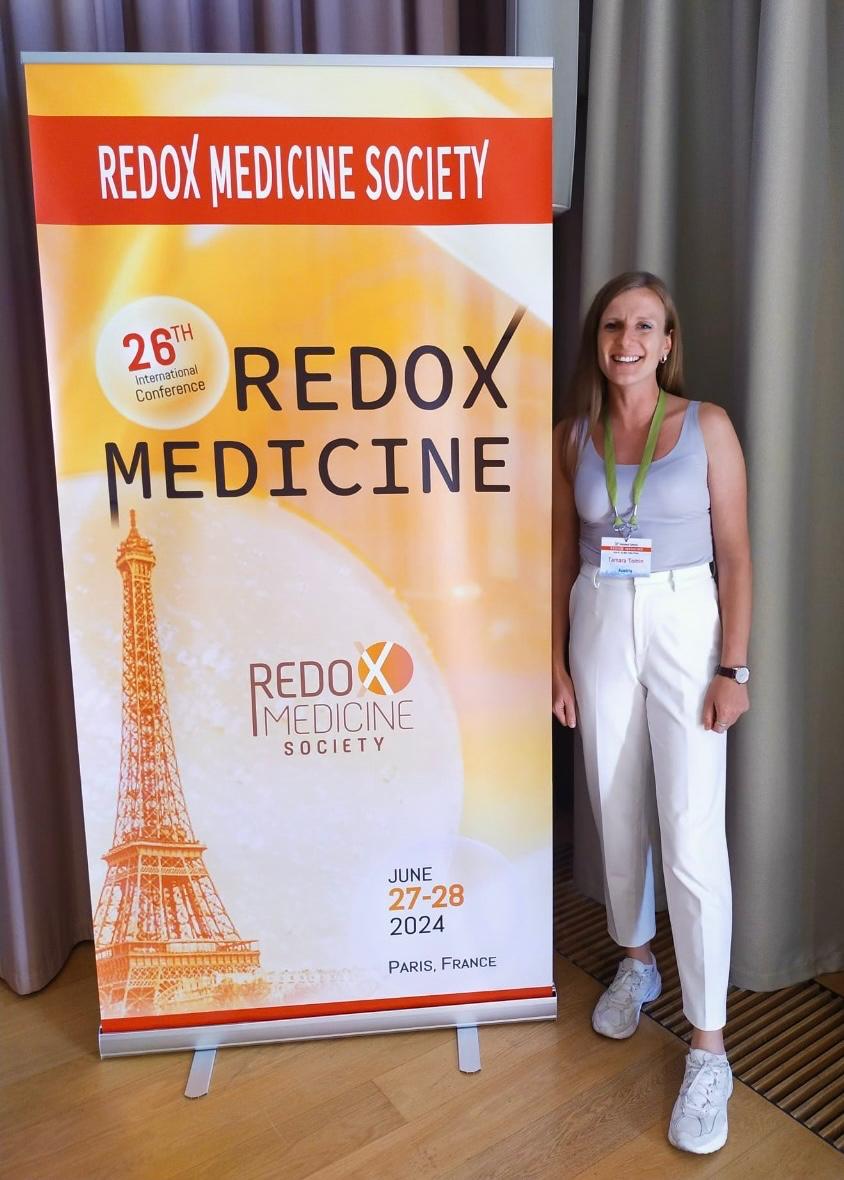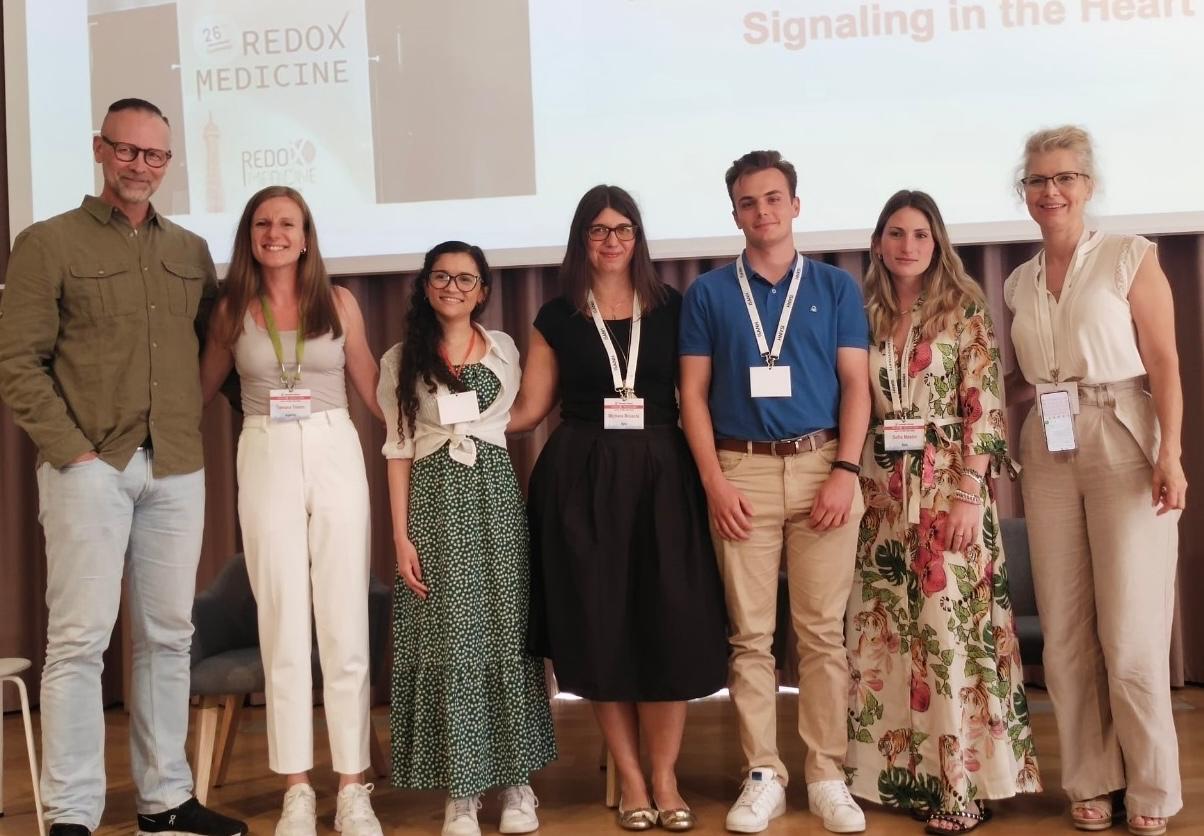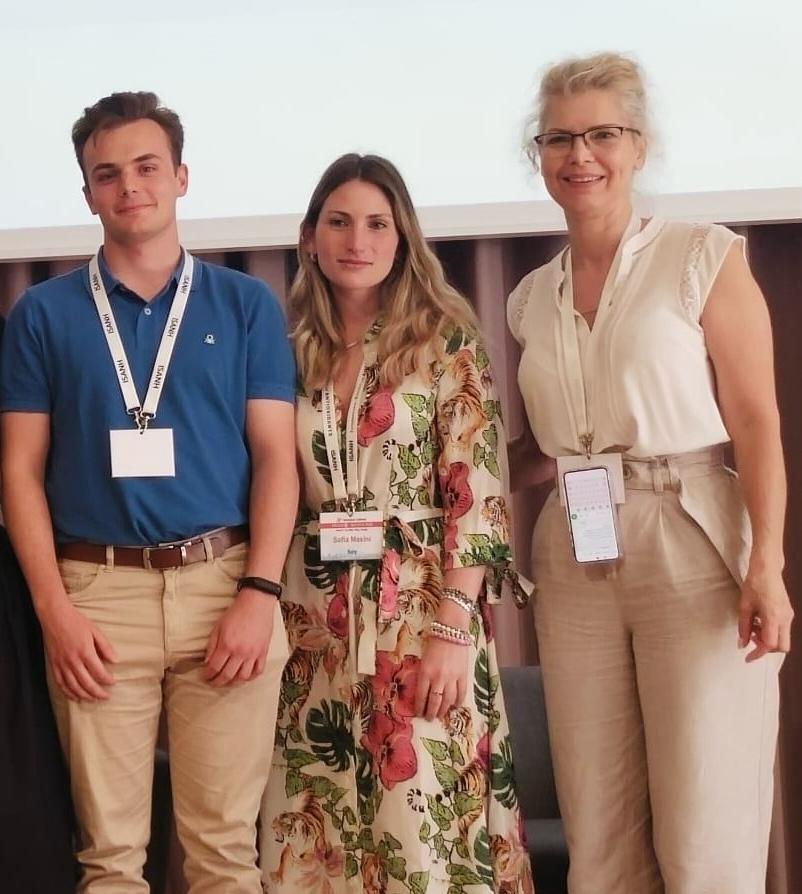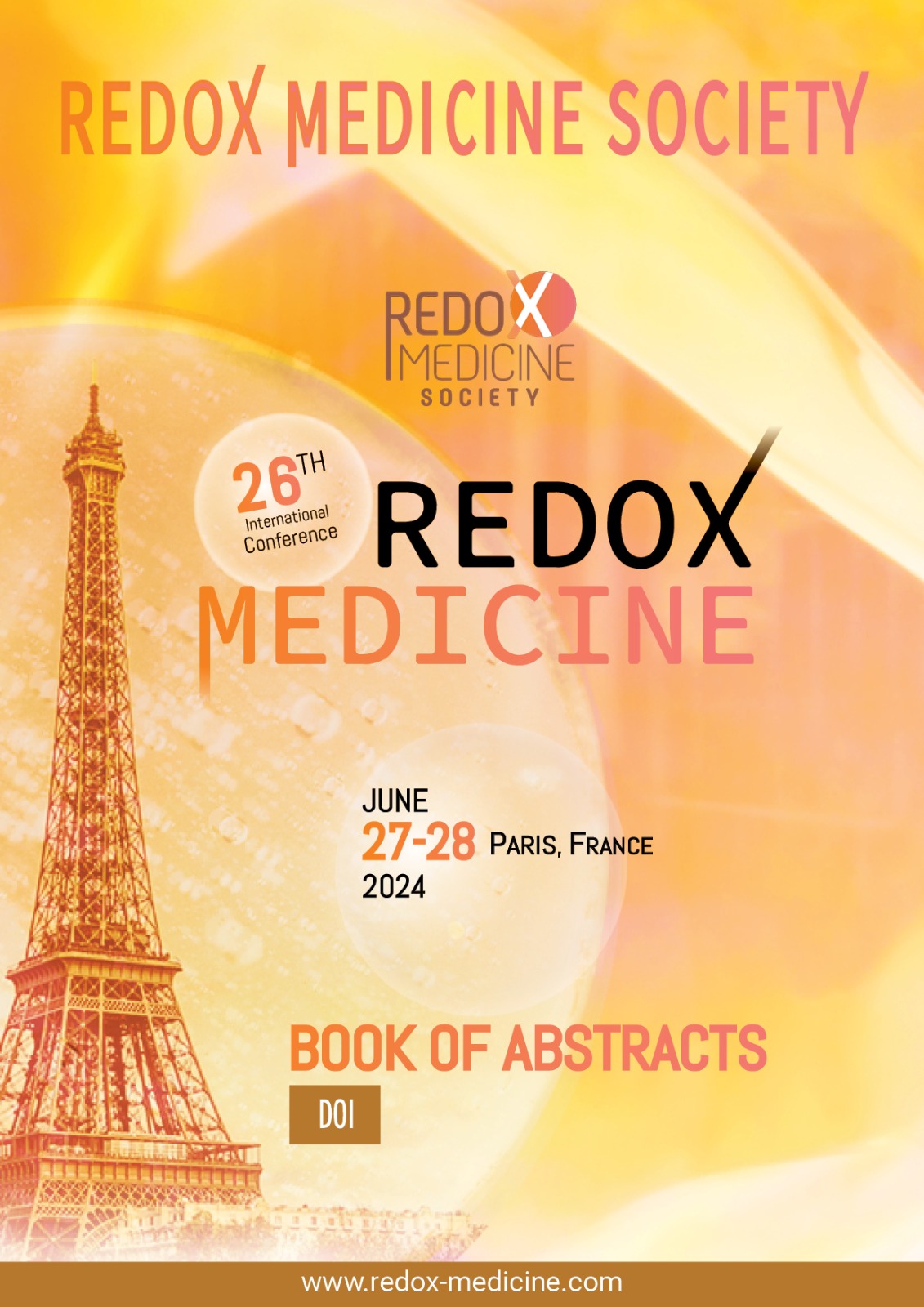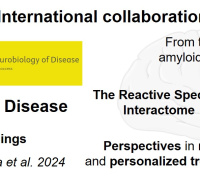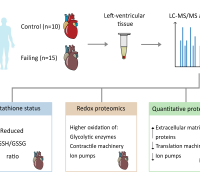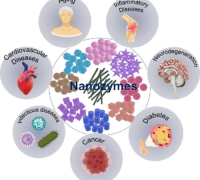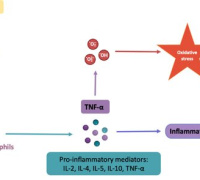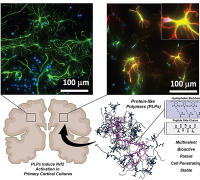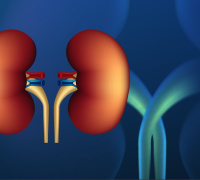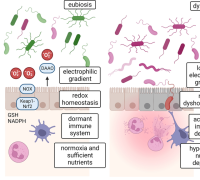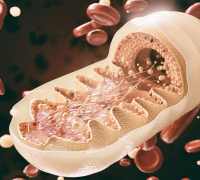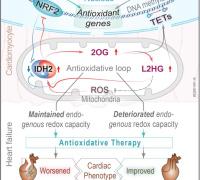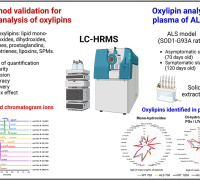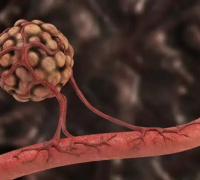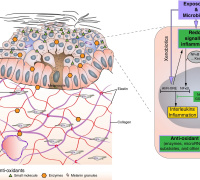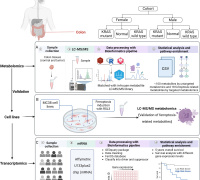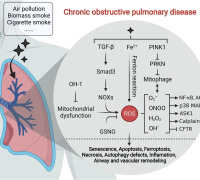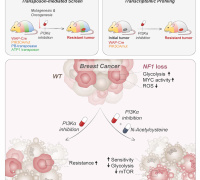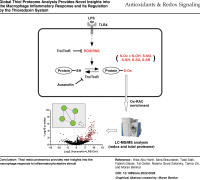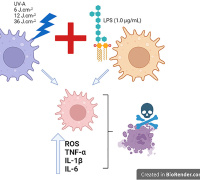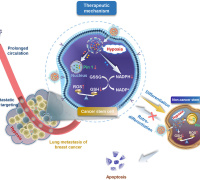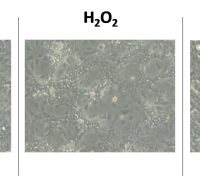Human Umbilical Cord Mesenchymal Stem Cells Exosomes Ameliorate Experimental Non-Alcoholic Steatohepatitis via Nrf2/NQO-1 Pathway
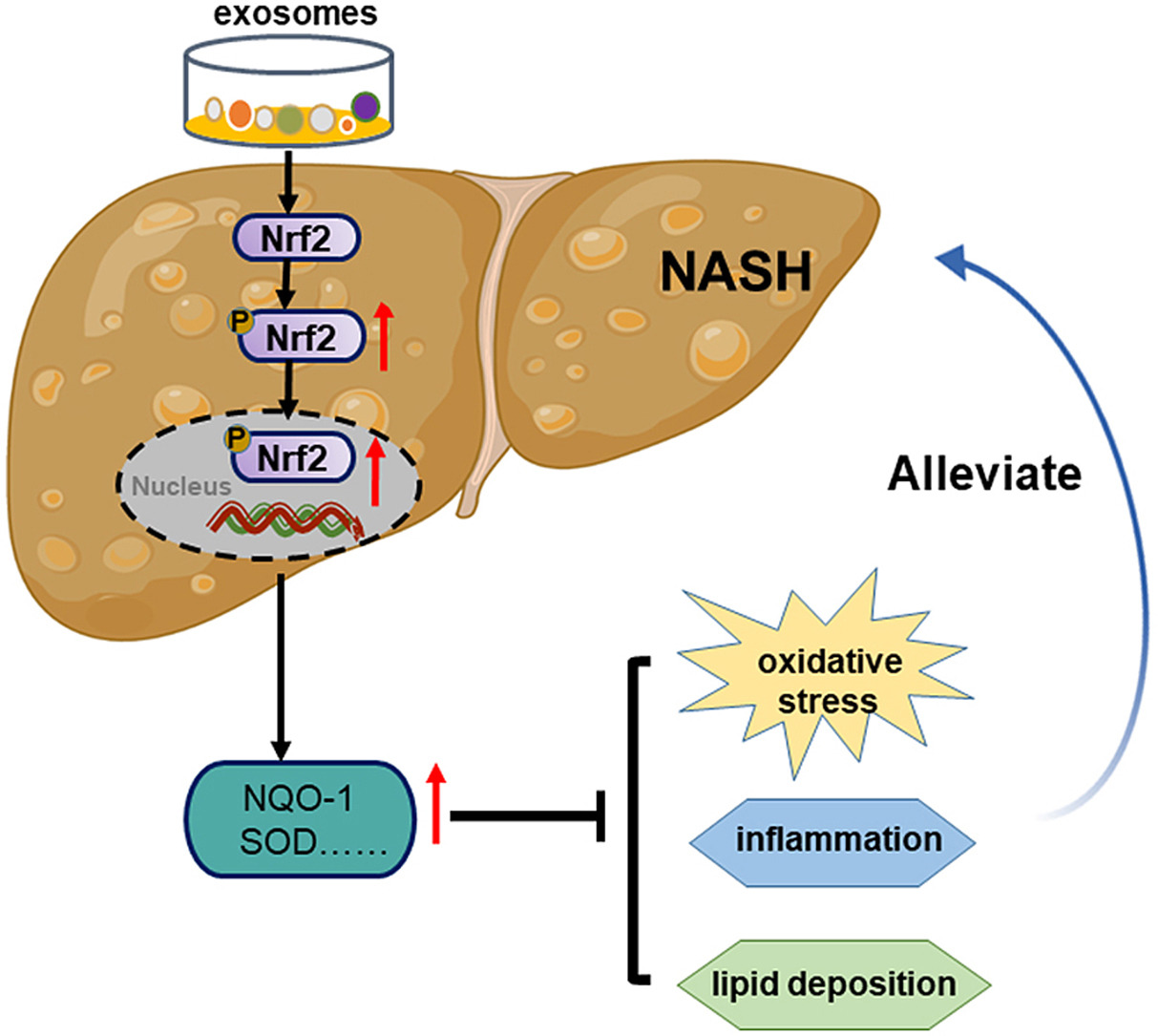
News Release, International Society of Antioxydants - December 1, 2022.
No approved effective therapy for non-alcoholic steatohepatitis (NASH) is currently available. Exosomes derived from mesenchymal stem cells (MSCs) perform the functions such as inhibiting inflammation, anti-oxidative stress, regulating immunity, but it is not clear whether human umbilical cord mesenchymal stem cells (hUC-MSCs) exosomes protect against NASH through Nrf2/NQO-1 pathway.
Therefore, Kang et al. investigated the effects of hUC-MSCs exosomes on NASH through Nrf2/NQO-1 pathway in vivo and in vitro.
(1) C57BL/6J male mice were fed with high fat and high cholesterol diet (HFHC) and methionine choline deficiency diet (MCD).
(2) Mice were treated with or without hUC-MSCs exosomes by tail intravenous injection. The liver histology, lipid metabolism and oxidative stress were evaluated.
(3) HepG2 and AML12 cells were incubated with palmitic acid (PA) and MCD conditioned medium, respectively. Then the therapeutic effect of hUC-MSCs exosomes in steatotic cells was evaluated. To elucidate the signaling pathways, the Nrf2-specific blocker ML385 was applied to intervene in vitro.
In NASH models, hUC-MSCs exosomes attenuated steatosis in hepatocytes, altered the abnormal expression of lipid-related genes including SREBP-1c, PPAR-α, Fabp5, CPT1α, ACOX and FAS, suppressed the hepatic inflammatory responses by decreasing the expression of F4/80+ macrophages, CD11c+ macrophages as well as the content of TNF-α and IL-6. hUC-MSCs exosomes also inhibited oxidative stress by reducing the level of MDA, CYP2E1 and ROS, increasing the activity of SOD and GSH in hepatocytes. Notably, hUC-MSCs exosomes enhanced the protein ratio of p-Nrf2/Nrf2 and the protein expression of NQO-1.
Moreover, in vitro, the therapeutic effects of hUC-MSCs exosomes on lipid deposition and ROS were reversed by ML385. Also, ML385 reduced the protein expression of p-Nrf2 and NQO-1 in vitro.
Thus, Nrf2/NQO-1 antioxidant signaling pathway may play a key role in the treatment of NASH by hUC-MSCs exosomes.
© Image- Kang et al, Free Radical Biology and Medicine, Volume 192





